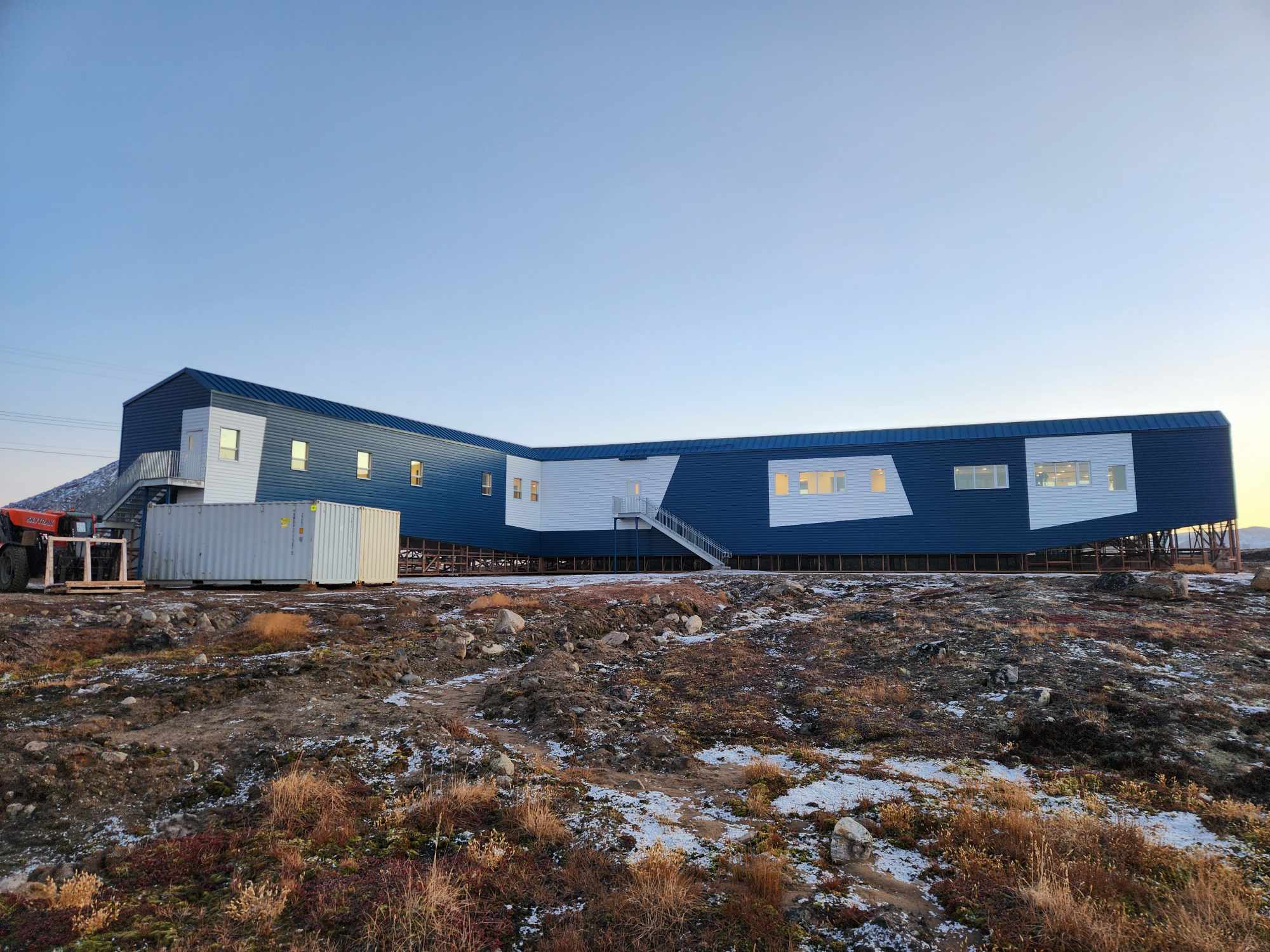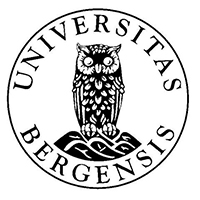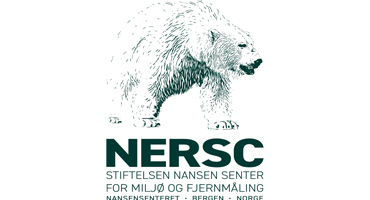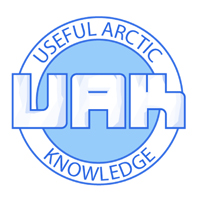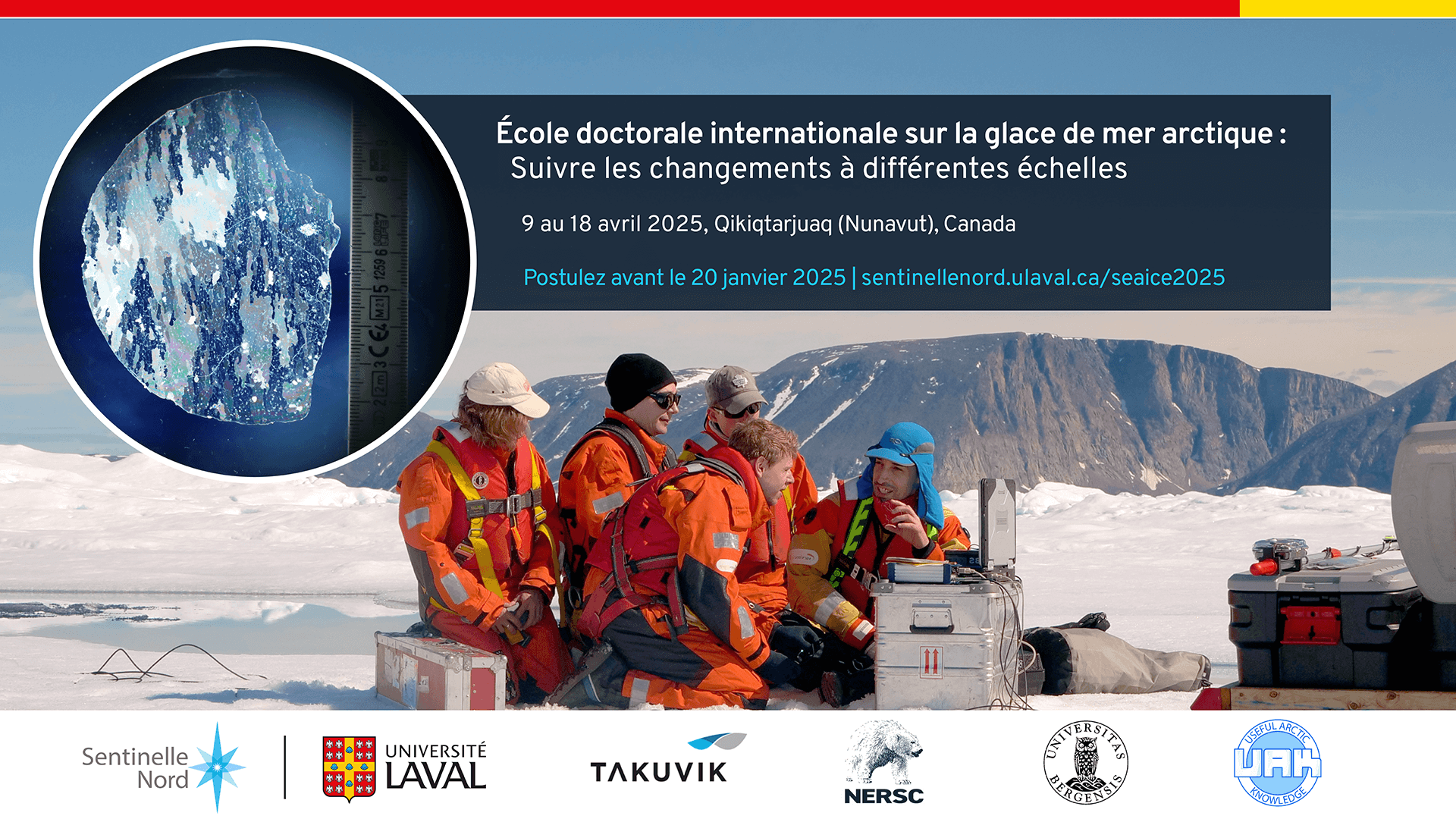École doctorale internationale sur la glace de mer arctique : suivre les changements à différentes échelles
9 au 18 avril 2025, Qikiqtarjuaq, Nunavut, Canada
Sous le leadership du programme Sentinelle Nord de l’Université Laval (Québec, Canada) et de l’initiative internationale UAK, cette école doctorale internationale sur la glace de mer offre aux étudiants une opportunité unique d’interagir avec des scientifiques de renommée internationale et des professionnels expérimentés dans le cadre d’un programme de formation transdisciplinaire de haut-niveau. Cette école permettra aux participants de mieux comprendre les changements de la glace de mer dans l’Arctique canadien, des microstructures aux paysages, ainsi que leurs effets en cascade sur les écosystèmes, les communautés nordiques et le climat.
Se déroulant à la Station de recherche de Qikiqtarjuaq (Nunavut, Canada) (67° 33′ N, 64° 01′ W), cette école de terrain offrira aux participants une expérience intégrée mêlant plusieurs disciplines telles que l'optique-photonique, la biologie marine et l'écologie arctique, la physique marine, la biochimie et la télédétection.
Les participants auront également l’occasion d’échanger avec des membres de la communauté de Qikiqtarjuaq, obtenant des éclairages précieux sur les savoirs et perspectives inuits sur la glace de mer et sur les défis auxquels sont confrontées les communautés nordiques face à la variabilité et aux changements climatiques.
Galerie de photos et témoignages
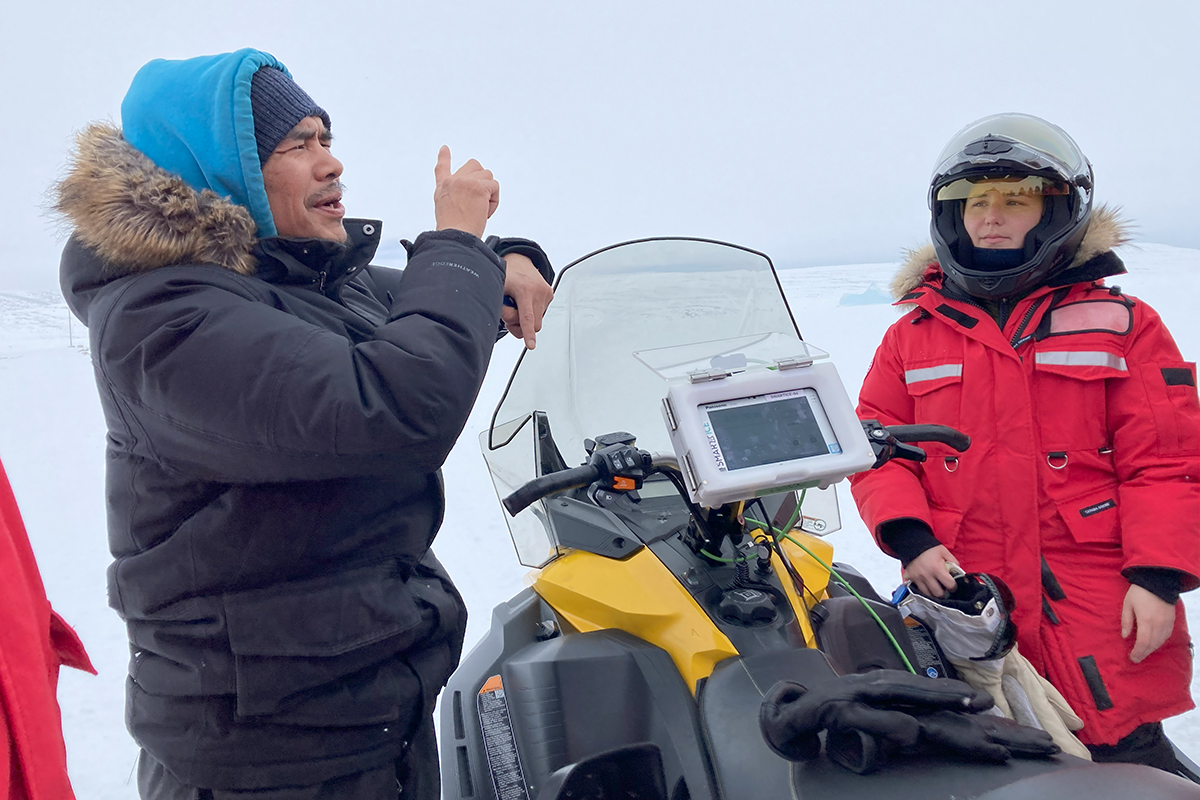 | 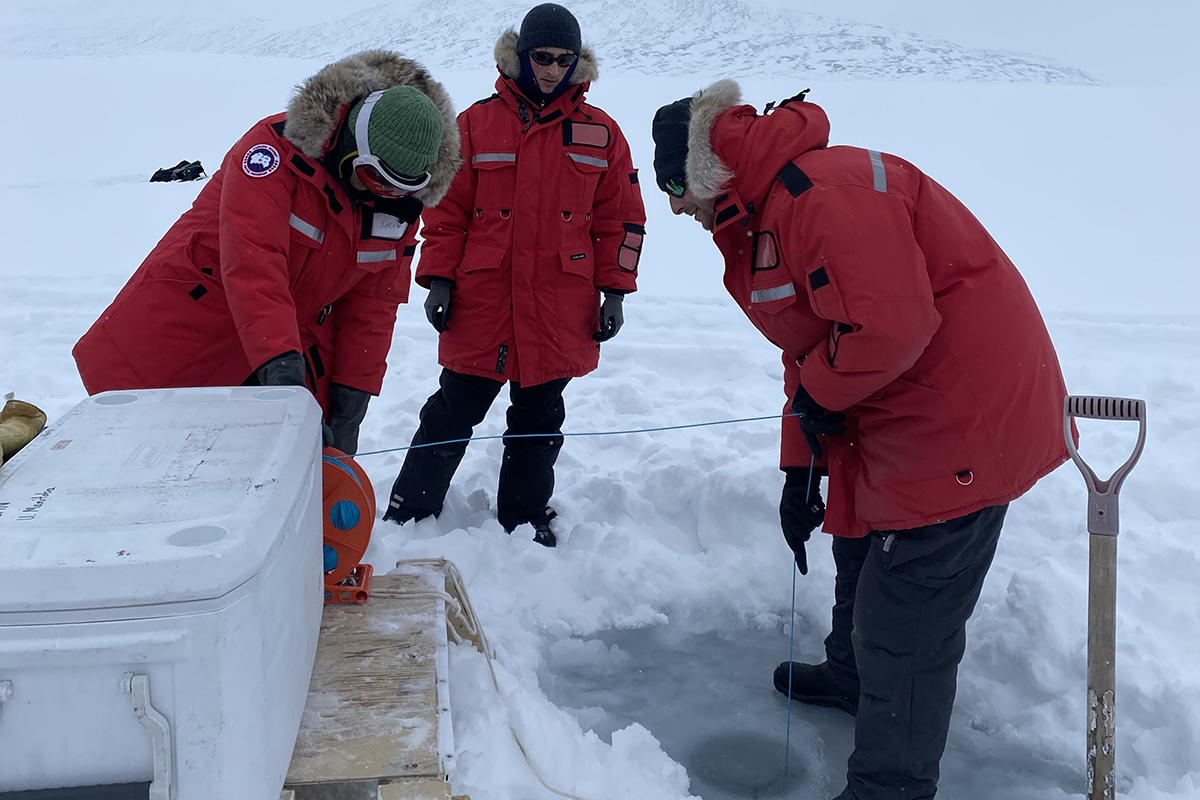 | 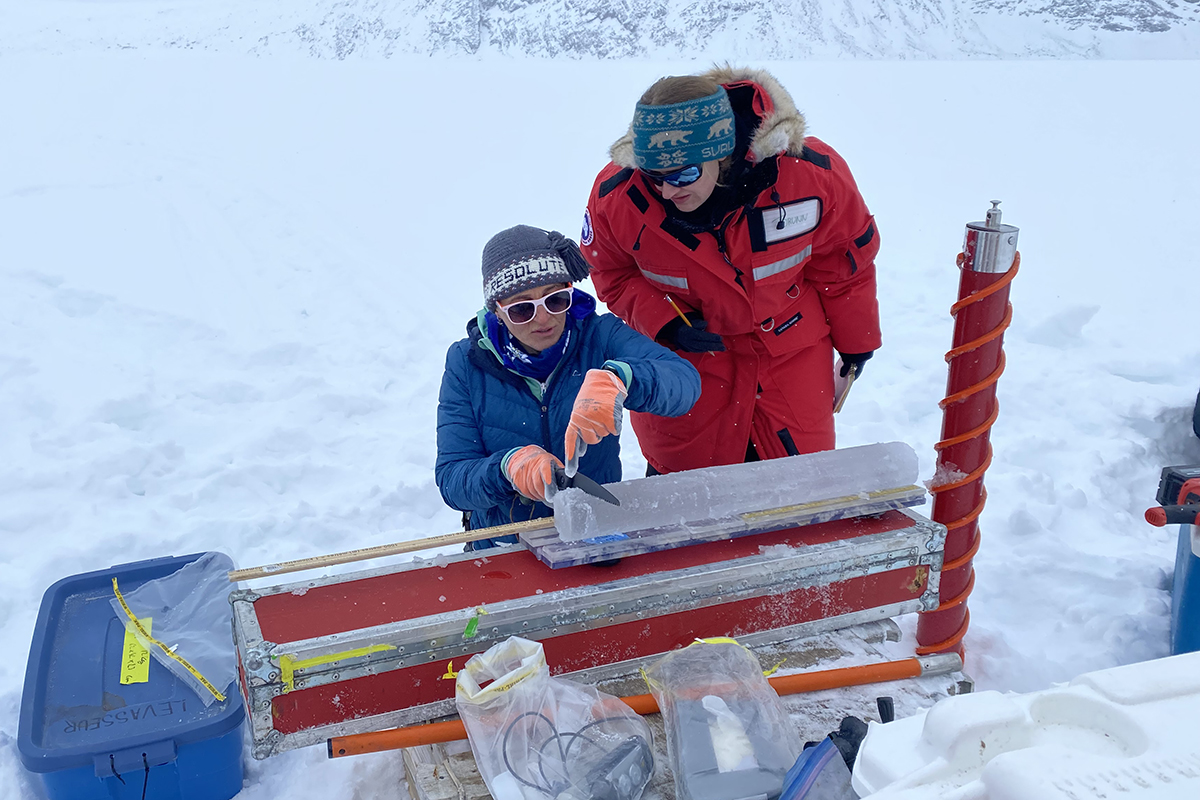 | 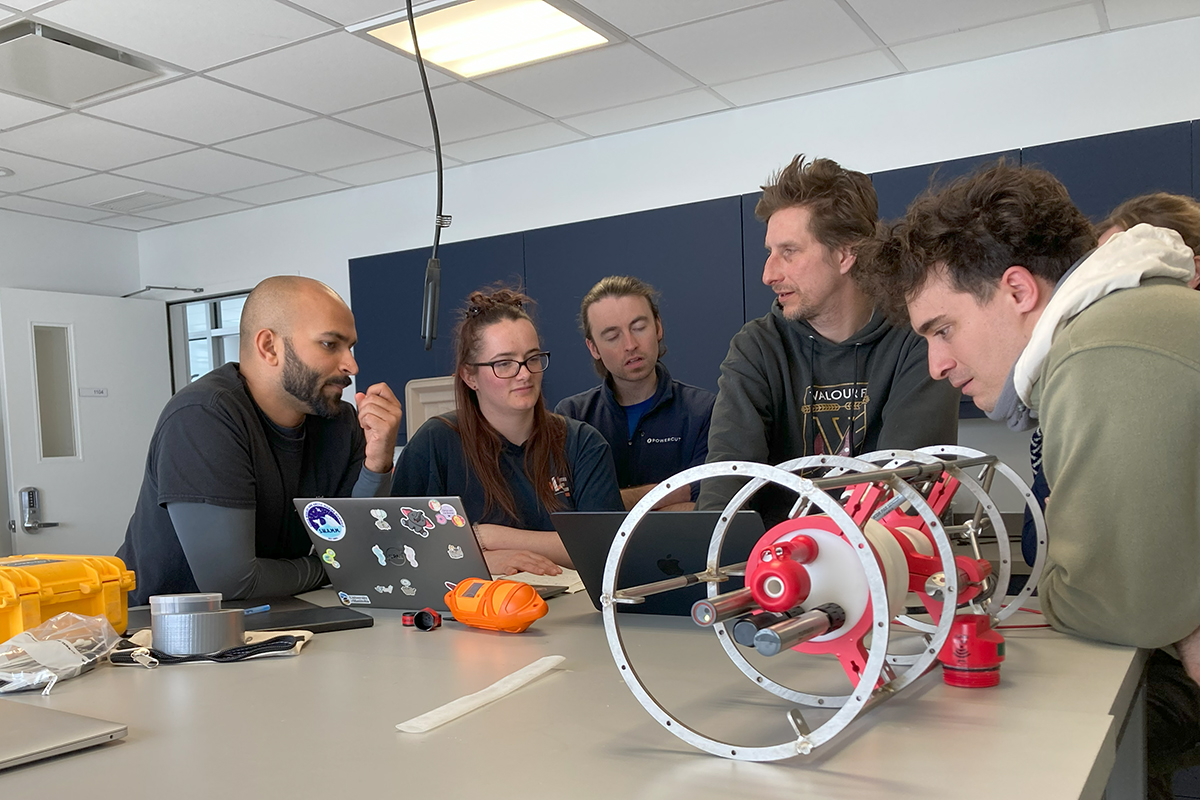 | 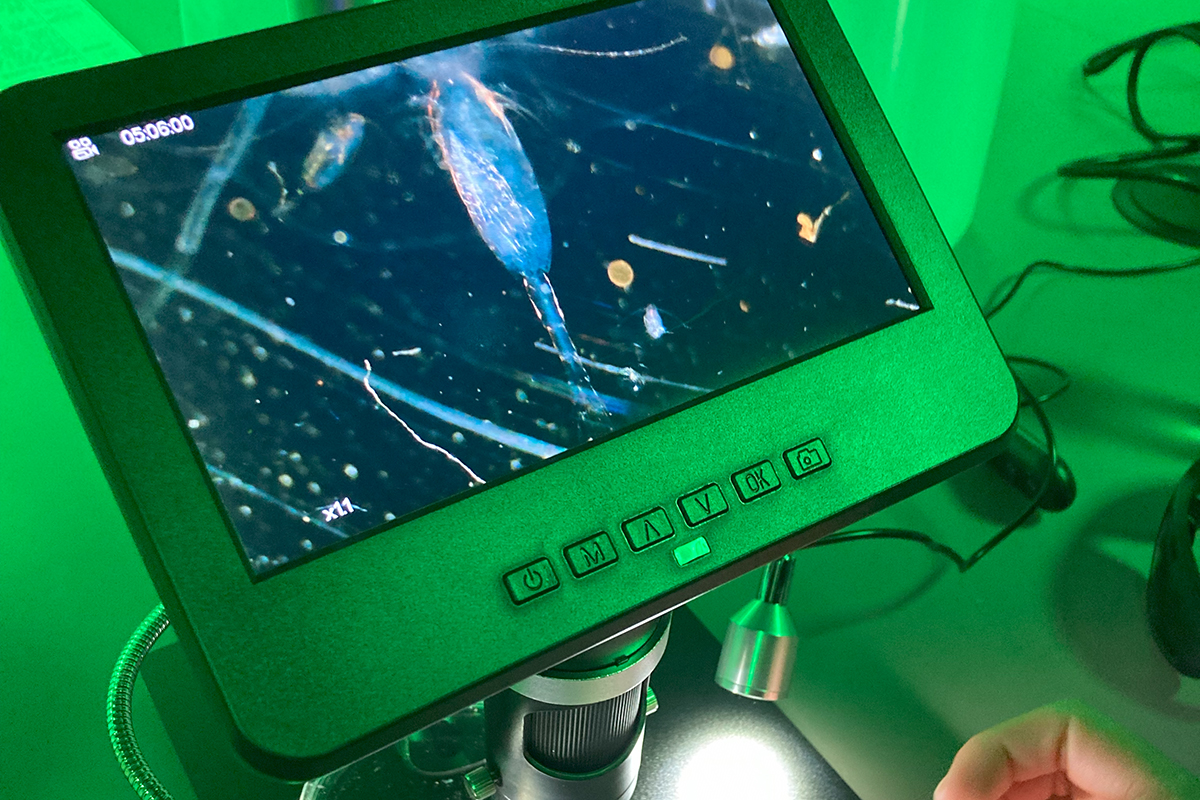 |
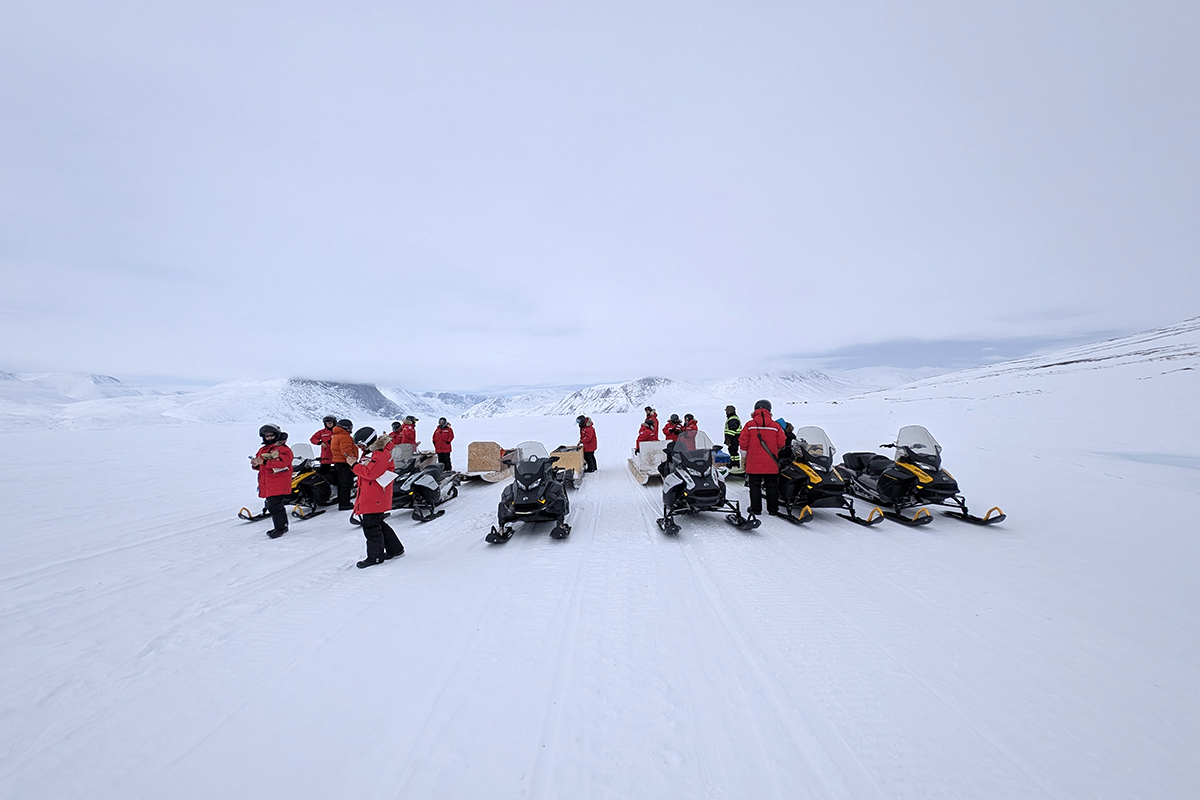 | 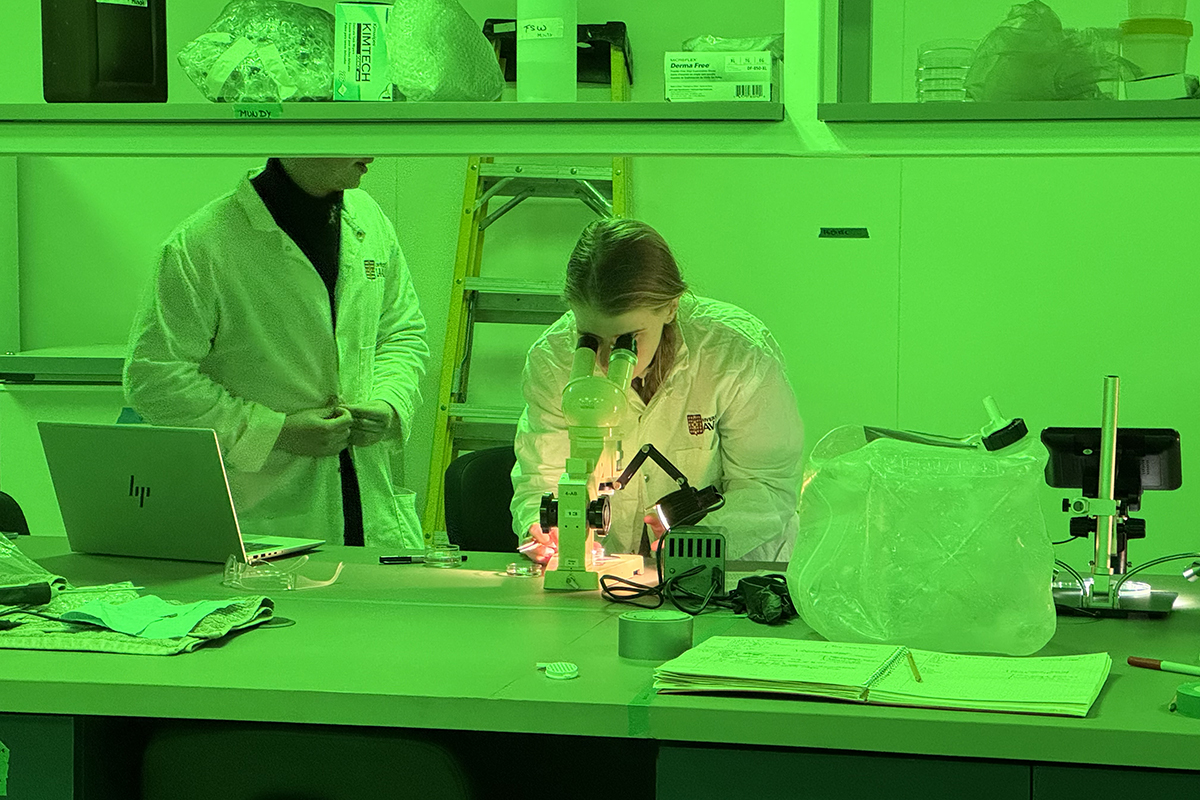 | 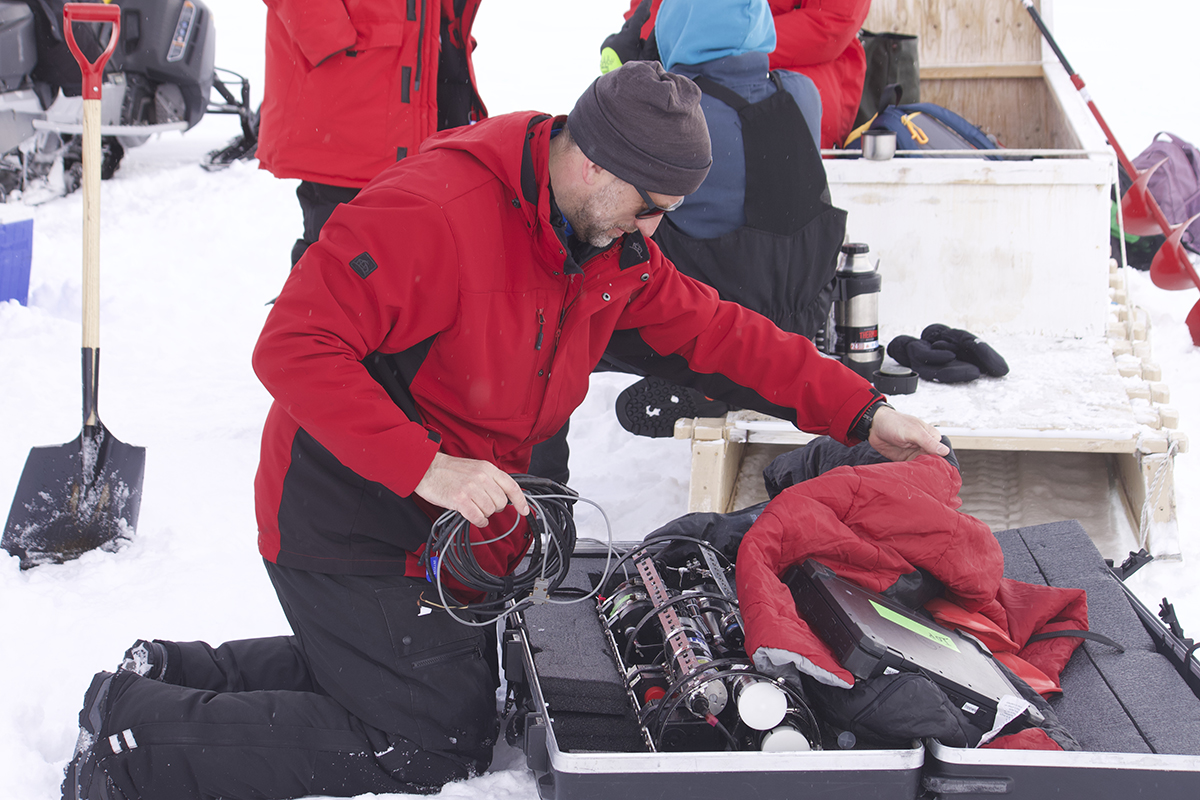 | 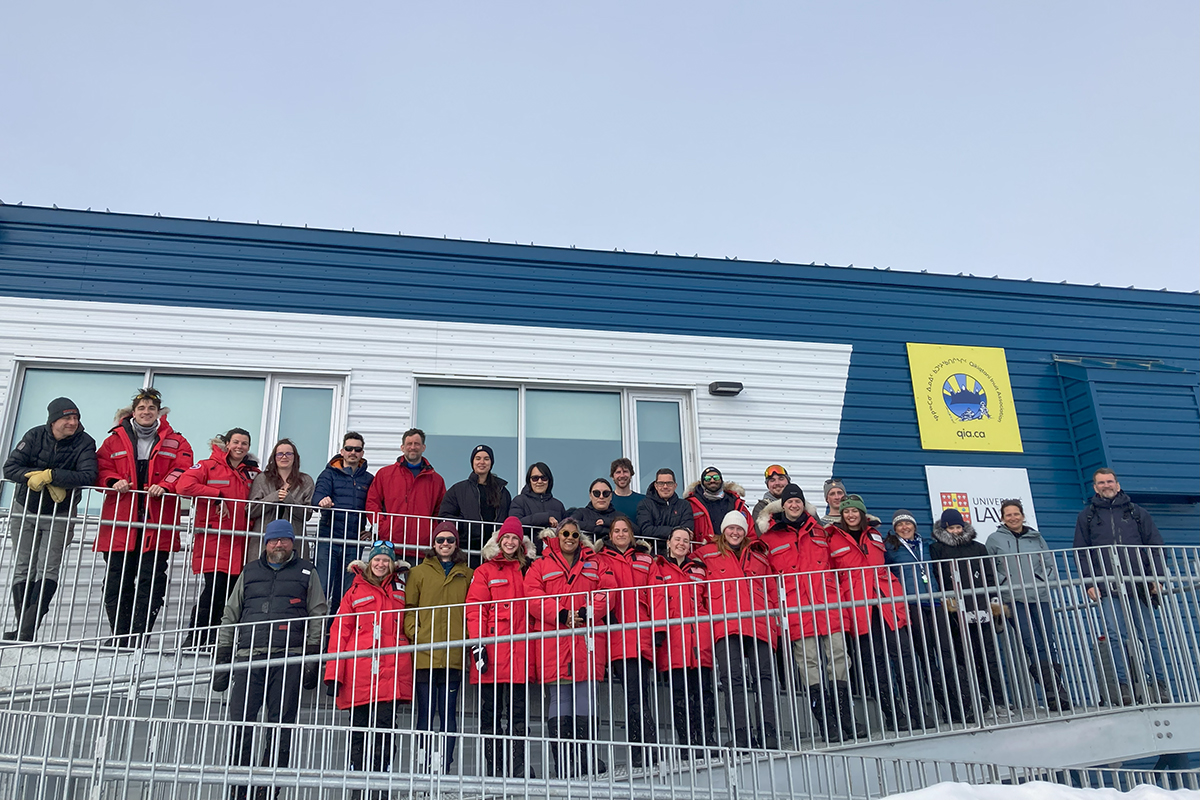 | 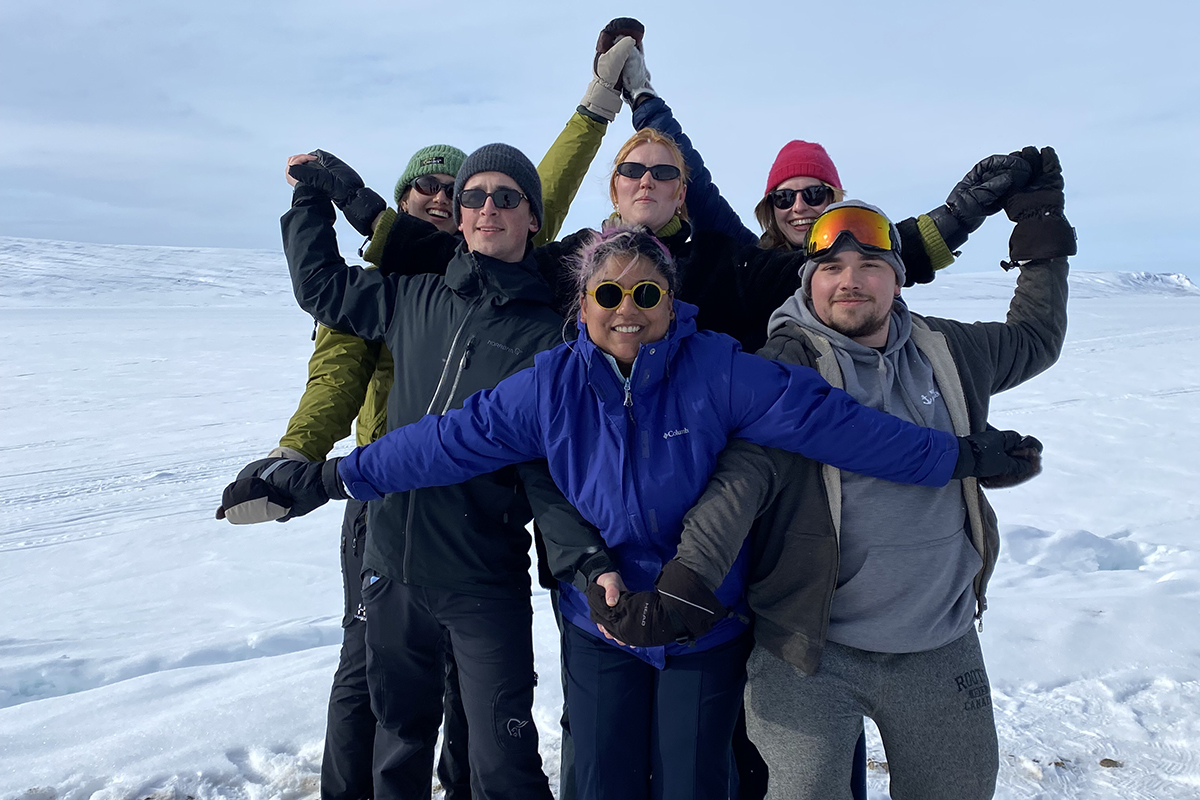 |
Attending this school was a very good experience. The mix of lectures, hands-on fieldwork, and group work made it easy to learn in different ways. I got to explore topics I hadn’t worked on before, and it made me consider new options for the future. I also really enjoyed being outdoors and doing practical tasks. One of the best parts was meeting people with different backgrounds and interests, both the mentors and the other participants. I hope to stay in touch with many of them. Anna Haarsaker Olaussen, étudiante à la maîtrise en technologie marine, The course was a great experience both intellectually and socially. Being able to talk with great scientists about their projects and learning more about their field was amazing. The discussion with the other students was really interesting and gave me another point of view on different topics and opened new windows for my research. In addition, everyone was super friendly and kind, I really enjoyed to have so many discussions and to learn more about what everyone was doing. The cherry on the cake was being able to go in the Arctic, meet the community (I am still impressed by the throat singing) and to go out on the field. Mathilde Guillaume, étudiante au doctorat en environnement et géographie, I was particularly amazed at the structure of the program; specifically how the coursework aligned with the fieldwork we later conducted. I really applaud the planning of this course as it was so smooth that we could really focus on the research. Khashiff Miranda, étudiant au doctorat en biologie, Participating in the Arctic sea ice field course was a truly eye-opening experience. From hands-on scientific research in extreme conditions to meaningful cultural exchanges with the local Inuit community, the course offered deep insights into both nature and collaboration. It reshaped how I view science. Sara Wergeland, étudiante à la maîtrise en technologie marine, |


